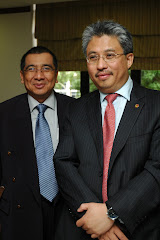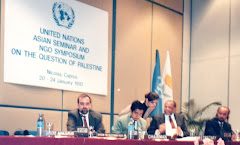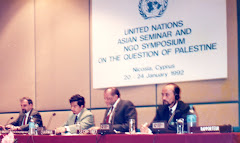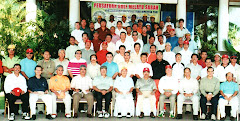As the effects of the global financial crisis continue to ripple through stock markets around the world, the Malaysian bourse appears volatile but better placed to ride out the storm than it did during the 1997 Asian financial crisis.
In line with most Asian stock markets Malaysian capital markets have fallen victim to ongoing global deleveraging and flight to safety. The Kuala Lumpur Composite Index (KLCI) dropped 39% in 2008 from 1432 at the end of 2007.
The KLCI did rise by 3.9% earlier in the year, but that rally proved to be somewhat short- lived. The benchmark KLCI has since been steadily declining, falling below the 900-level in mid-January. Meanwhile, the industrial production index fell to a four-year low in November 2008 to 128.9, compared to 139.7 a year earlier.
The sectors that saw sharp sell offs on the KLCI are plantation, property, construction and banking. Among the most affected companies are Sime Darby, Kuala Lumpur Kepong, and IOI Corp - which reported its lowest close since 2008 at RM3.78 on January 14.
Holdings have decreased across the board. Maybank eased 10% to RM5.50. Bumiputra-commerce, went down 30% to RM6.45 while Tenaga Nasional, the largest electricity utility company in Malaysia has also suffered, decreasing 20% to RM6.20.
These difficulties have been compounded by an outflow of foreign investment following the March 2008 general elections. By the third quarter of 2008, foreign investors were eager to liquidate their Malaysian assets. According to Malaysia's RHB Research Institute, foreign ownership of Malaysian stocks is currently estimated at below 20%. However, Malaysian bankers told OBG that they expect this number to rebound to its previous highs of between 20 and 30% in the foreseeable future.
The economic downturn has also taken its toll on the local currency, the ringgit, which has been subject to steep currency swings against foreign currencies, namely the US dollar, the yen, the euro, and the British sterling. In April 2008 the ringgit reached a 10-year high of 3.12 against the dollar due to strong economic growth, large portfolio inflows and rising prices of crude and palm oil. However, from May onwards, the exchange rate dropped along with falling commodity prices and the onset of the subprime credit crisis, which led to an increased demand for US dollar assets, according to the Kenanga Investment Bank's "Economic Outlook 2009."
The Malaysian Rating Corporation predicts that the ringgit could devalue further to between 3.55 and 3.70 against the dollar at some point in the first half of 2009. Conversely, RAM Holdings' Chief Economist Yeah Kim Leng believes that the ringgit is underpinned by both strong levels of trade surplus and international reserves. According to the Statistics Department, the trade surplus rose from RM9.6bn ($2.65bn) in October 2008 to RM11.49bn ($3.18bn) in November 2008, exhibiting the 133rd consecutive month of trade surplus. Meanwhile, the nation's international reserves stood at RM330.8bn ($91.48bn) as of January 15, 2009, according to the Malaysian Central Bank.
On the upside, fluctuations in the Malaysian market could prove worth the pain, as they present opportunities for investors. With stocks trading at record lows, it is arguably the best time for investors to buy shares. According to Colbert Nocom, a UBS Investment research analyst, the investors in the Malaysian market are looking forward to 2010 as companies begin to show sharp rebounds in their earnings.
As Malaysia is bracing itself for confronting rapidly weakening economic conditions, the government has unveiled two unprecedented stimulus packages. The first stimulus package of 7bn ringgit ($1.9bn) was announced last November, and is being rolled out in stages in the first quarter of this year to alleviate the pain. The second remains in the pipeline and is expected to boost domestic growth and improve confidence. Deputy Prime Minister Najib Razak said it is intended to "avoid falling into a recession and sustain our economic livability". A major aim of the emergency aid is expected to be to support the manufacturing and construction sectors.
In addition these rescue packages, Malaysia's financial sector is benefiting from strong fundamentals. According to Razak, the capital adequacy ratio of banks stands at 8%, higher than the international requirement; non-performing loans of banks average 2.5%; foreign reserves amount to $100.2bn; and the current account surplus is 15% of GDP.Based on this, Yeonzon Yeow, Head of Research at Kenanga Investment Bank in Kuala Lumpur, told OBG he believes "the Malaysian market will recover sooner than others."














































